
@radiobrendan
The on-line edition of the Oxford English Dictionary defines ‘sport’ as ‘an activity involving physical exertion and skill in which an individual or team competes against another or others for entertainment’.
The amount of ‘physical exertion’ required to make something a sport isn’t specified and, ergo, it’s open to debate as to what classifies as one and what doesn’t.
For many, darts does not fall into the sport category. This is the ‘game’ — the chief version of it anyway — where you throw metal arrows (darts) at a circular board numbered randomly from one to 20 with double and treble segments on each number, and a red ‘bull’ at its centre worth 50, surrounded by a narrow green ring valued 25.
In general, the main place you’ll find people playing this, outside of the trade’s professionals, is in a pub — that is to say in an alcohol-selling, (usually) laid-back venue.
So to describe it as a sport just doesn’t sit well with many people’s perceptions of such. For one, when most think of sport and those who practice it, they imagine well-ripped bodies, a picture book image of ultimate fitness. Darts’ leading lights don’t exactly, erm, ‘fit’ that description.
Yet, to come back to the dictionary definition, darts is certainly something that requires skill. Yes, anyone can throw a metal arrow at a board, in the same way that anyone can kick a football. But to throw it with accuracy and consistency over a period of time in a contest is something completely different. It is the quintessential game of millimetres. In terms of physical exertion, well there is a continuous throwing action required and you don’t exactly get the chance to sit down and relax.
However you view it, the game/sport and the whole show around it appears to have grown significantly in popularity and exposure, as well as prize money for the players, in Northern Europe — Britain, Ireland and the Netherlands especially — over the last decade or so.
That ‘show’ element has been crucial. A night out watching the globe’s top darts players — something I’ve had the pleasure to do twice — is great craic (fun) as we say in Ireland. What’s more, even with limited knowledge of the game, not that it’s that hard to comprehend, it generally makes for compulsive viewing on TV.
Real-life drama, as we’ve had on numerous occasions at the PDC World Championship over the last few days. (For the record, there are two rival world governing bodies, the other being the BDO, both of which host world championships.)
OK, I’m writing as one of the converted and once I understand any sport I tend to appreciate it, even if I don’t play it. (However, I must state that I did win a darts doubles tournament in my local pub in Ireland years back; it was more thanks to my playing partner but a win’s a win!)
It’s why that over this Christmas period, although I’m thousands of miles away from the action, in a country where darts doesn’t register a beat — though Colombia does have versions in tejo and rana, minus the professional organisation/glamour — I’ve been like a hermit, in a positive way methinks, streaming the world championship action in my apartment.
Some sort of normality, whatever that is, will resume when the PDC World Championship ends this Sunday. Like those who love Christmas, there’ll be an empty feeling for a while, but there’s always next year.
_________________________________
Facebook: Wrong Way Corrigan – The Blog & IQuiz «The Bogotá Pub Quiz».

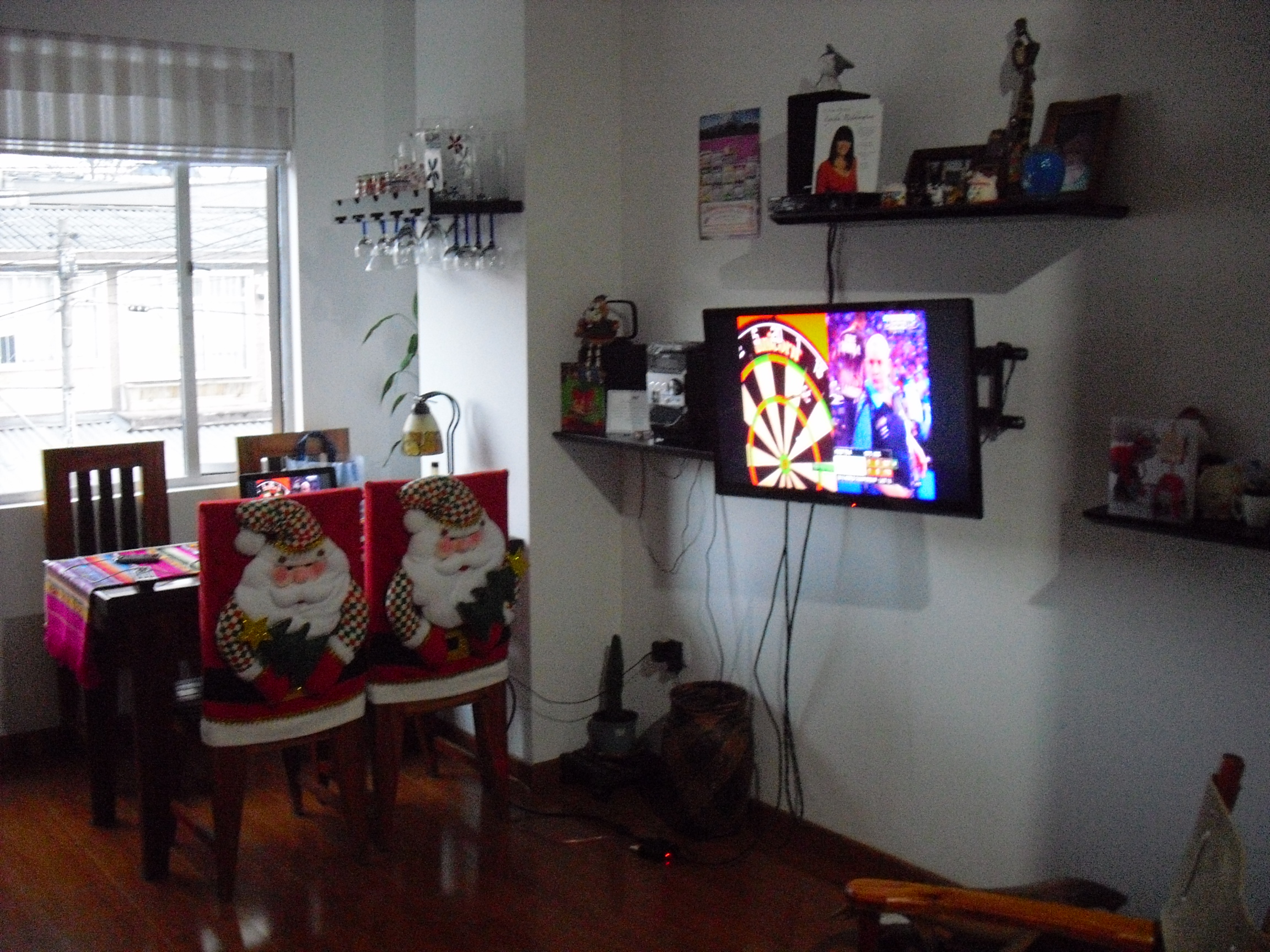
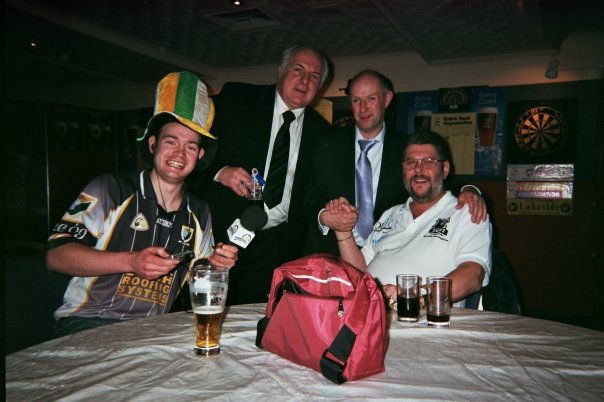
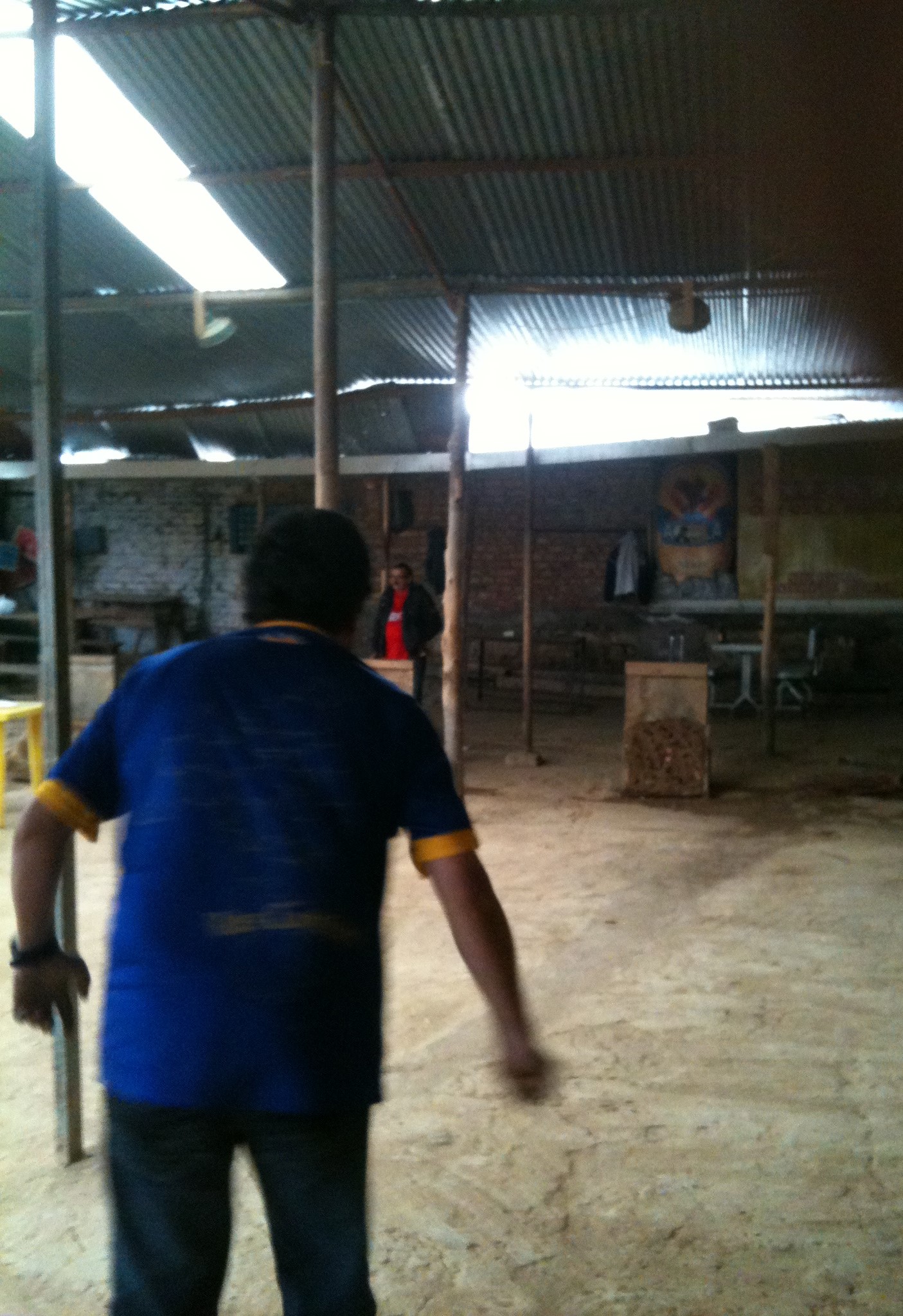

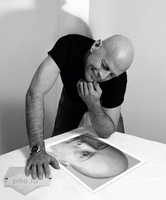
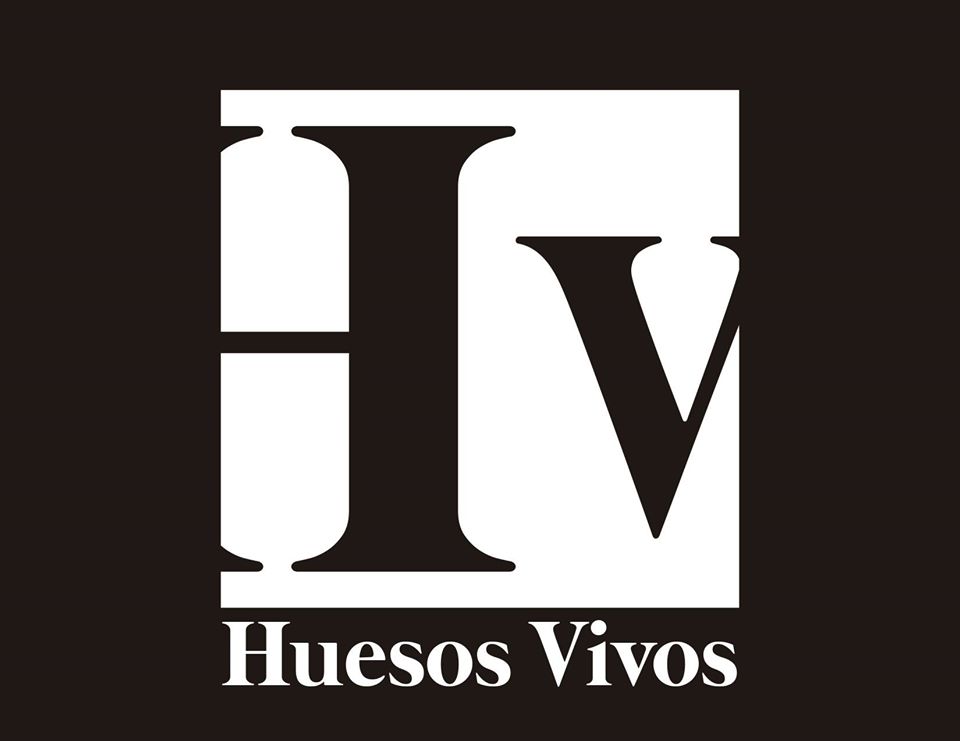
Comentarios